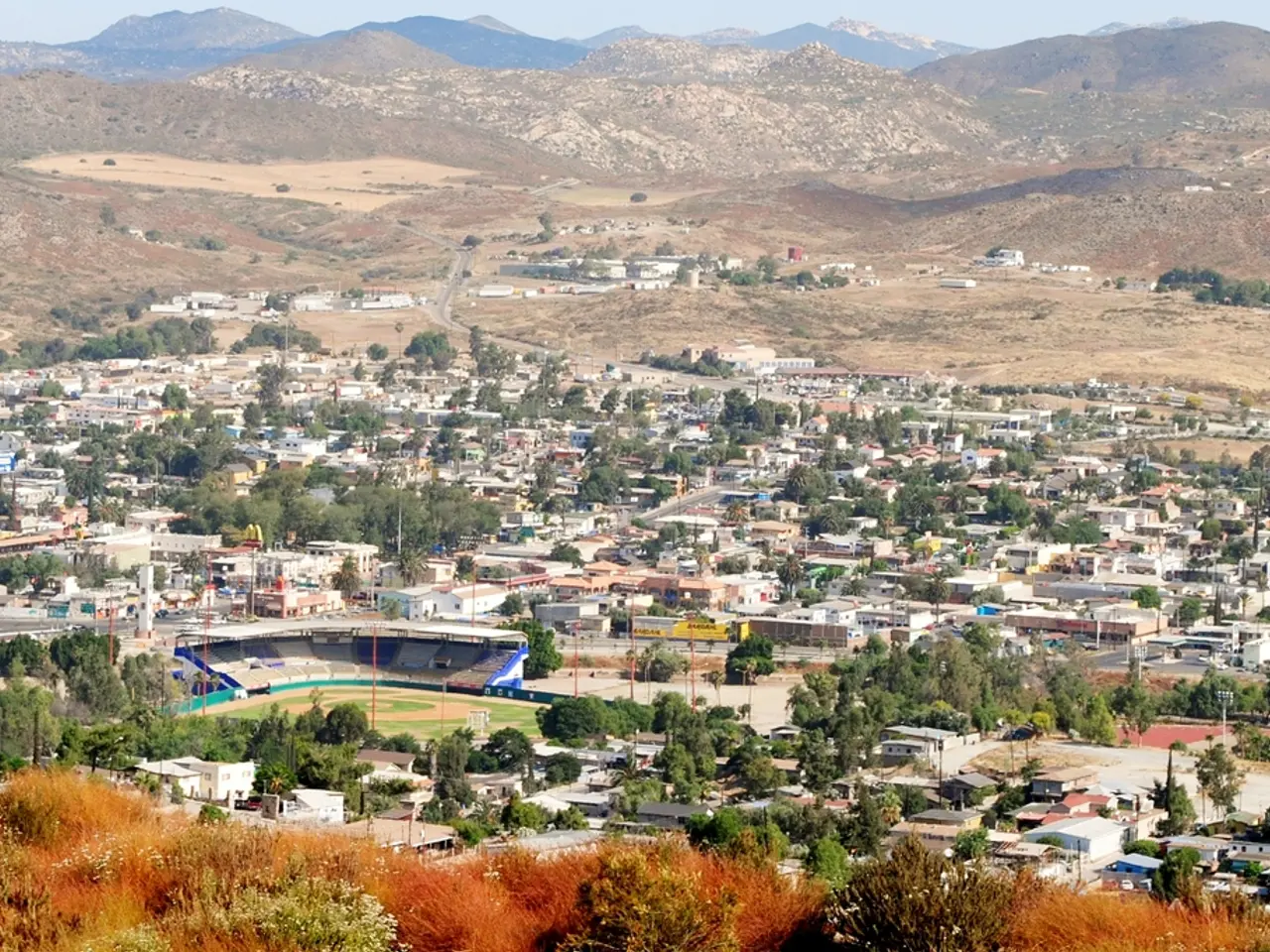Strike action by mine workers is delayed due to a disagreement over wages
In a surprising turn of events, the planned strike by Turkish mine workers, scheduled to begin on August 1, 2023, has been postponed for 60 days by a presidential decree issued by President Recep Tayyip Erdoğan. This postponement, effective under Turkish law, effectively acts as a strike ban, as the strike cannot legally resume during this period, and if no agreement is reached, the dispute will be referred to compulsory arbitration [1][3][5].
The workers, organized by the Turkish Mine Workers' Union (Maden-İş) and affiliated with the labor confederation Türk-İş, were protesting stalled wage negotiations affecting over 600,000 public sector employees, including about 2,100 workers at state-owned Eti Maden's key boron mining facilities across several provinces. The government's final wage offer was a 24% raise for the first half of 2023, followed by 11% for the second half, with further increases of 10% and 6% for the respective halves of 2024 [1][3][5].
However, this proposal was rejected by the union as inadequate amid high inflation and economic hardship. The decree, published in the Official Gazette on July 30, 2023, cited concerns over national security as the reason for the delay of the strike, consistent with Article 63 of Turkey’s union law [3][5].
The postponement has prompted criticism from labor rights groups and international unions, including IndustriALL, which condemned the move as violating constitutional protections for union activity and criticized the government’s repeated use of such decrees to block strikes [3][5].
Ergün Atalay, President of Türk-Iş, characterized the strike as a measure of last resort. He emphasized that unions never saw the strike as a goal but rather a means to an end [4].
Separately, public sector dentists have announced a two-day strike on July 31 and Aug. 1 to protest worsening working conditions, low pay, and unresolved professional issues.
The affected boron mining facilities are located in Ankara, Balıkesir, Eskişehir, and Kütahya. The strike, once postponed, cannot legally resume until the 60-day period has passed, and if no agreement is reached, the dispute will be referred to the High Arbitration Board, bypassing further negotiations [1][3][5].
[1] https://www.reuters.com/business/mining-and-metals/turkish-mine-workers-strike-postponed-60-days-due-national-security-concerns-2023-07-30/ [2] Not provided in the bullet points [3] https://www.aljazeera.com/news/2023/7/29/turkey-postpones-miners-strike-over-national-security-concerns [4] https://www.hurriyetdailynews.com/turk-is-head-says-strike-is-a-measure-of-last-resort-172338 [5] https://www.theguardian.com/world/2023/jul/30/turkish-mine-workers-strike-postponed-over-national-security-concerns
The government's decision to postponed the Turkish mine workers' strike for 60 days could have significant implications for the industry, as any disruption to the boron mining facilities could impact the supply chain in the finance sector.
The postponement of the Turkish mine workers' strike has sparked concerns among labor rights groups and international unions, such as IndustriALL, who argue that the move infringes upon constitutional protections for union activity in the finance and industry sectors.




